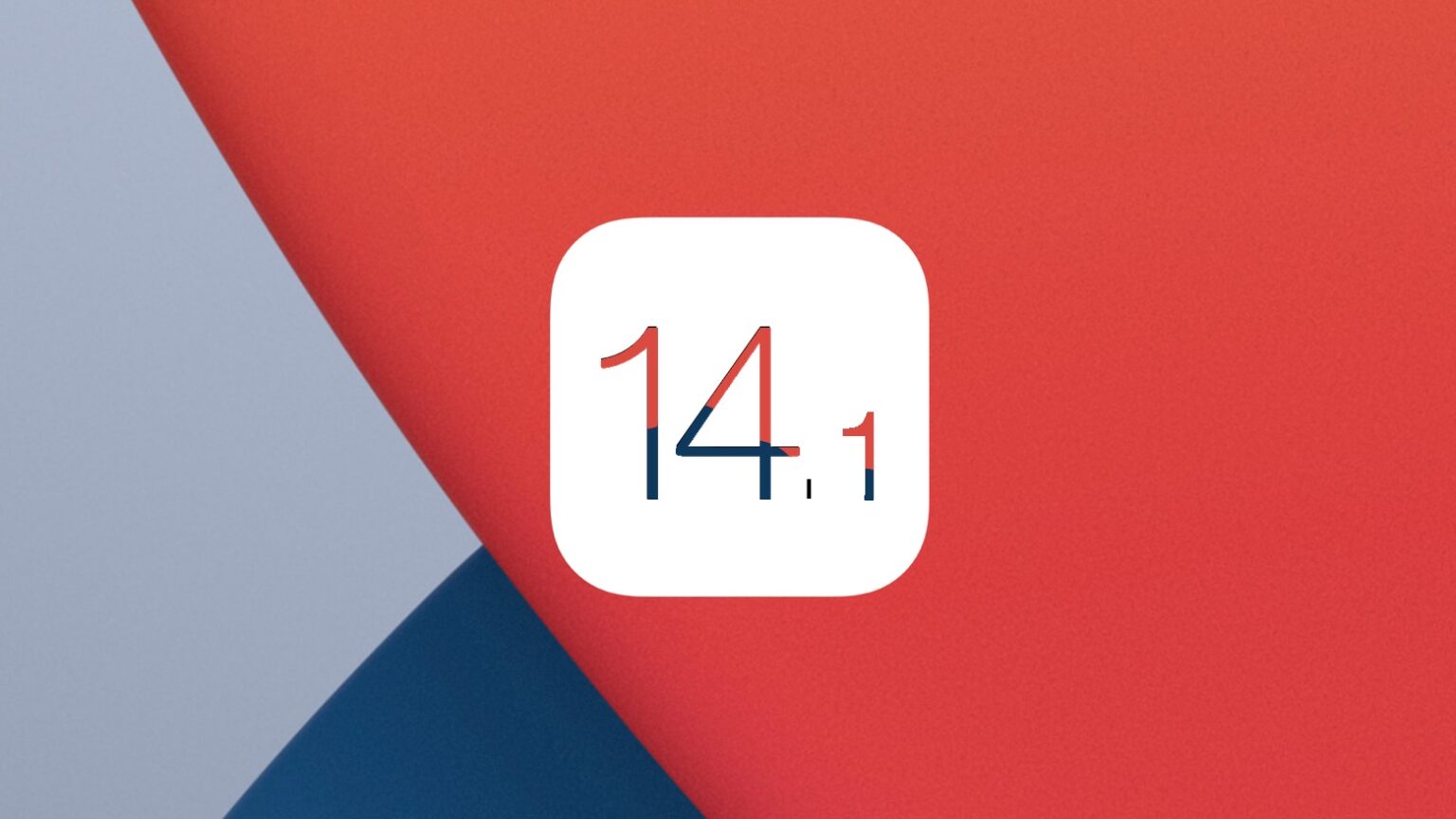Upgraded from iOS 14.0.1 to iOS 14.1 and now having buyer’s remorse? Well, too bad: You can no longer downgrade.
To be clear, there’s no reason why anyone would want to go back after upgrading to the latest version of Apple’s mobile operating system. But now that Apple’s stopped signing the iOS 14.0.1 code, it’s no longer possible to go back even if you wanted to.
Apple typically stops signing code for previous software versions soon after it releases a successor. The reason? Each software update is intended to be faster, more stable, more bug-free and more secure than the one it replaced. Apple gives a window of a few days for allowing downgrades (possibly in case some problem is discovered), but then puts the kibosh on people heading in the wrong direction for upgrades.
iOS 14.0.1 fixed a bug that reset default email and browser apps even though users picked alternatives to Apple’s built-in apps. It also squashed a number of other minor bugs, such as one that stopped iPhones from connecting to Wi-Fi networks in some cases, and another that stopped emails from sending with some mail providers.
Meanwhile, iOS 14.1 added support for 10-bit HDR video playback and editing. It also corrected a number of bugs from previous versions. It shipped on October 20.
According to Mixpanel, iOS 14 adoption is currently nearing 50%. This makes it the most widely used iOS version, having overtaken iOS 13. The first version of iOS 14 launched on September 16, 2020.


